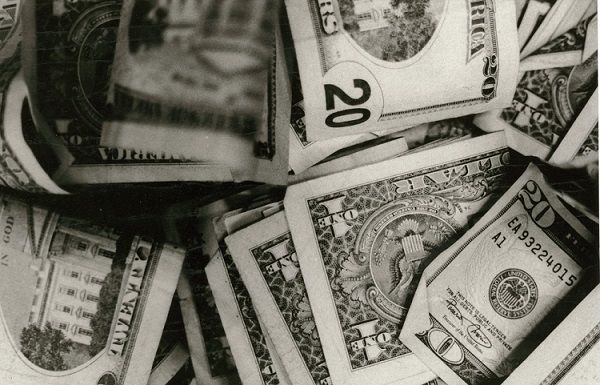Money In Politics Gender Gap: Men Make Majority Of Political Contributions

When it comes to electoral power, more than half of voters are women. But among the donor class, women suffer from a significant gender gap.
According to a new study from the Center for Responsive Politics released on Thursday, when it comes to political giving, there’s a big gender gap. If political donations translate into more influence in public life, then women need to catch up.
Though women make up a small portion of the country’s political donors, their giving patterns also show, as do their votes, an increasing though not overwhelming alignment with the Democratic Party.
In 2012, President Obama and Democratic congressional candidates worked hard to focus on issues affecting women to court their votes. Ultimately, Obama won the women’s vote by 10 points, one of the highest gender spreads in decades. As CRP’s study finds, Obama also relied more heavily on female campaign contributors than any presidential nominee since at least 1988. Just as Democrats rely on more women votes, they also rely increasingly on women donors. The top recipients of women's donations in Congress are almost entirely Democratic women. Women donate more to candidates than super PACs, and they make up only a fraction of the so-called big donors that put substantial resources into the 2012 election cycle.
Overall, women's contributions pale in comparison to men. Women contributed less than 30 percent of all money donated in the 2012 election cycle. Women’s contribution levels were even lower when it came to outside spending groups like super PACs, just 19 percent, which poured millions into races up and down the ballot. The top woman donor was Miriam Adelson, wife of top Republican donor and casino mogul Sheldon Adelson. Take her giving out of the equation and women’s contributions to outside groups drops to just 11 percent.
Per capita, women also donate smaller amounts than men, the study found. Of the cycle’s 100 top donors, just 11 were women.
Over three years after the Supreme Court lifted outside spending caps in Citizens United v. FEC and on the eve of a second case that will likely remove some contribution limits to parties and candidates, the CRP study shows that limits on campaign funding increase women’s relative influence while lifting caps would dilute their influence. Though contributions do not translate directly into political power, the study notes that “access is often granted to deep-pocketed campaign donors, and if those campaign donors are predominantly male (or female), this may be an indication that the politician is more likely to grant access to men.”
© Copyright IBTimes 2024. All rights reserved.





















